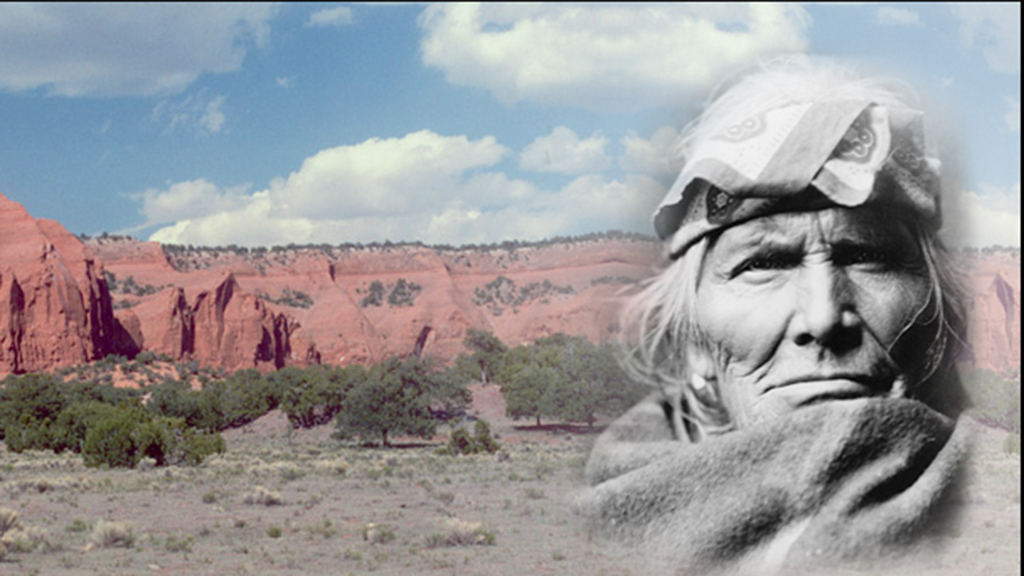Abstract
This case explores the complex and multifaceted resource management issues that arose when traditional Zuni Indian land and water use practices were displaced by the construction of the Black Rock Irrigation Project by the U.S. government in the early 20th century. The case study is framed as a legal case brought by the Zuni tribe against the U.S. government in the mid-1980s, and relies on the extensive testimony provided by expert witnesses about traditional Zuni culture, resource management, and property rights. The case study combines the interrupted case method with the jigsaw approach. The jigsaw approach allows students first to examine resource management issues from a disciplinary perspective, with an emphasis on the fields of anthropology, soil science, and economics/policy, and then to combine those disciplinary elements to brainstorm potential resolutions that are informed by a multidisciplinary understanding of the issues. Originally designed for use in introductory environmental studies/environmental science courses, the case also could be used in courses in anthropology, agriculture, soil science, economics, geography, Native American studies, environmental law, water resources, water policy, socio-environmental synthesis, environmental policy, ethnobotany, and ethnoecology.



